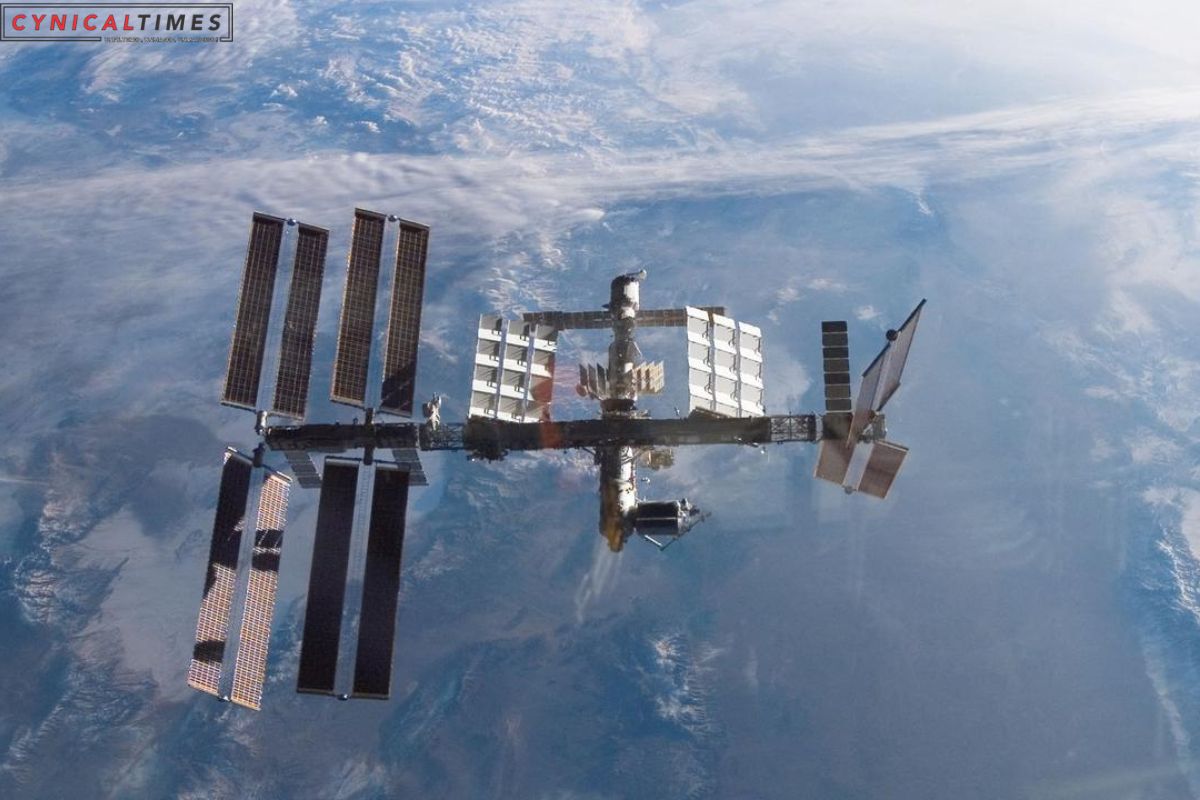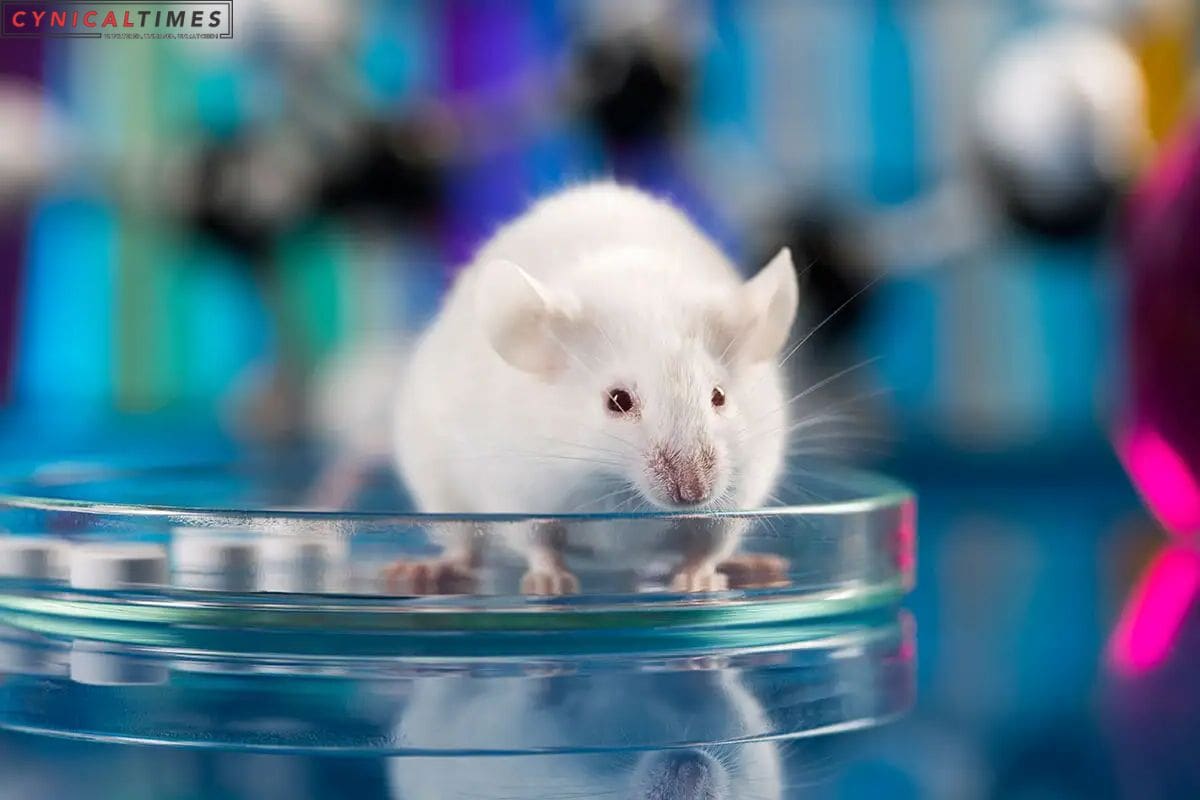Embryonic Hope in Space : As humanity ventures into the cosmos, questions about the future of reproduction in the challenging space environment emerge. Can humans continue to reproduce beyond Earth’s atmosphere? A recent experiment conducted on the International Space Station offers a promising, yet tentative, answer.
For the first time, mammalian embryos, specifically mouse embryos, were cultivated and grown in the microgravity of space. This experiment, led by molecular biologist Teruhiko Wakayama of the University of Yamanashi, shows that mouse embryos can survive in space’s unique environment, at least during the initial stages.
The implications are far-reaching. As Wakayama explains, “There is a possibility of pregnancy during a future trip to Mars because it will take more than six months to travel there.” This research is a crucial step in ensuring that humans can safely reproduce in space when the time comes.


Also Read: Pink Tax in Healthcare: Women Financial Struggle for Equal Access
The study focused on the early development of embryos rather than fertilization or implantation. Mouse embryos were fertilized, developed to the two-cell stage, frozen, sent to the ISS, and then cultured by astronauts. The survival rate in space was lower than on Earth, but the embryos that did survive developed normally. Gravity did not appear to significantly affect the early development of mammalian embryos, a promising sign for space reproduction.
However, there are challenges to overcome. The study did not account for the effects of radiation, which is higher in space, and it only reached the blastocyst stage, leaving questions about in utero development. Additionally, research with pregnant rodents has shown that space conditions can hinder fetal development, including musculoskeletal development.
The researchers emphasize the need for further investigation to understand the impact of space conditions on mammalian fetal development, making this a crucial step in preparing for the future of space reproduction.
Our Reader’s Queries
Has there ever been a child conceived in space?
NASA and the Russian Space Agency have confirmed that no one has ever engaged in sexual activity in space, let alone conceived a child. The confined and congested spacecrafts offer little to no privacy, making it impossible for such activities to take place.
Is it possible to reproduce in space?
Although studies have demonstrated that certain aspects of human reproduction can occur in space, there is still a significant amount of progress that needs to be made before we witness the complete reproductive process taking place beyond Earth’s boundaries.
Which startup wants to find out if humans can have babies in space?
SpaceBorn United aims to conduct an IVF experiment in Earth’s orbit, with the goal of paving the way for long-term space missions. The idea was sparked by Egbert Edelbroek, who was acting as a sperm donor when he pondered the possibility of having babies in space. This groundbreaking experiment could have far-reaching implications for the future of space exploration and human reproduction.
What happened to the animals sent to space?
In 1949, Albert II made history as the first monkey to venture into space. Unfortunately, his journey ended in tragedy when the parachute to his capsule failed during reentry. Two other monkeys, Albert III and IV, also lost their lives due to rocket malfunctions. A mouse was sent into space on August 15, 1950, but sadly did not survive the return trip. These early attempts at space exploration were fraught with challenges and setbacks, but they paved the way for future successes.

